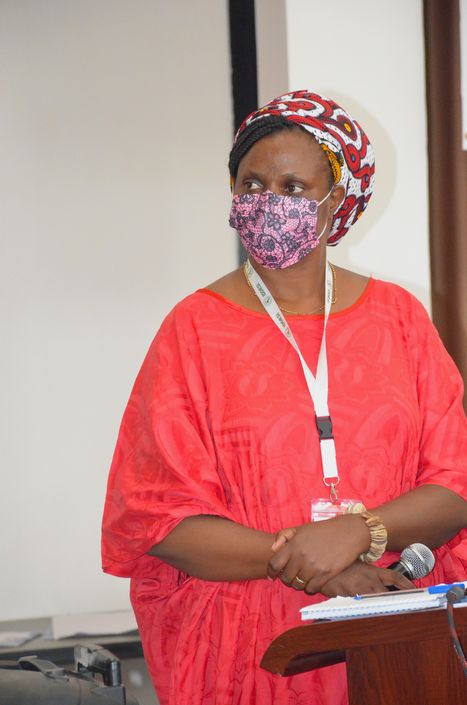“We found out that there are high levels of gender inequalities on land, and women tend to be more marginalised,” said Ms. Joselyn Bigirwa, Gender and Land Expert, IGAD Land Governance Programme, as she started her talk, which covered gender gaps and the IGAD Regional Women’s Land Rights Agenda. She was speaking at the IGAD Gender and Resilience Knowledge Share Fair held on 16-18 September 2021 in Bishoftu, Ethiopia.
 Bigirwa was referring to gender equality and land assessment undertaken by the Land Governance Programme. The findings showed that women’s land rights and property rights remain a challenge across the IGAD region. On average women own less than 10% of the registered land in the IGAD region, yet land is a key resource in agricultural production with over 50% of the population in the region employed in agriculture being women.
Bigirwa was referring to gender equality and land assessment undertaken by the Land Governance Programme. The findings showed that women’s land rights and property rights remain a challenge across the IGAD region. On average women own less than 10% of the registered land in the IGAD region, yet land is a key resource in agricultural production with over 50% of the population in the region employed in agriculture being women.
The assessment identified gaps in the formulation of policies and legislation as well as their implementation; instances of multiple legal systems in which progressive constitutions and legislation were in conflict with discriminatory customary laws; and male-dominated land administration and governance, which resulted in low representation of women in decision making.
Bigirwa informed participants that the journey to closing the gender gap on land had begun. The IGAD Land Governance programme was addressing barriers to women’s land tenure security through the Regional Women’s Land Rights Agenda. The Agenda was endorsed by IGAD ministers responsible for land and ministers responsible for gender affairs on 28 July 2021.
Pillars of the Regional Women’s Land Rights Agenda
- Improving the policy and legal framework for gender equality and land
- Addressing culture, religion and customary practices that hinder women’s realisation of their full potential on land
- Reshaping urbanisation towards inclusive resilient and sustainable cities
- Strengthening inclusion in large scale land-based investments
- Enhancing capacities and coordination of land institutions and actors on gender mainstreaming
- Enhancing public awareness and information on land rights
- Building women’s leadership and participation in land governance
- Supporting and engaging youth
- Strengthening women’s rights in communal and community land
- Generating sex and gender disaggregated data on land
Globally, research has revealed that stronger women’s land rights and productive assets are linked to improved living conditions, better nutrition, food sovereignty, improved health and education outcomes, higher earning and individual savings, better access to credit, social services and better protection from gender violence.
Therefore, Bigirwa called on all stakeholders working on development and resilience to make use of the Land Rights Agenda in their programming and advocacy. She informed them that the collection of gender and land toolkits, manuals and handbooks that had been developed would be an important resource for improved gender mainstreaming. She also invited all interested participants to join the women and land community of practice.
The IGAD Gender and Resilience Knowledge Share Fair was held on 16-18 September 2021 in Bishoftu, Ethiopia under the theme Good Practices in Mainstreaming Gender in Cross-Border Resilience Interventions in Karamoja and Mandera Clusters (IGAD Cluster I and IGAD Cluster III).
The share fair was held in response to a gender analysis of the IGAD Drought Disaster Resilience and Sustainability Initiative (IDDRSI), which revealed that gender-based roles, identities and attributes deepened the vulnerability of women and girls to climate-related shocks. The analysis identified capacity gaps in the understanding and appreciation of gender inequalities in IDDRSI, and by extension the ‘know-how’ to address them. The fair therefore aimed to promote an exchange of knowledge and good practices to improve gender mainstreaming in resilience interventions.
IGAD acknowledges the financial and technical support provided by the Governments of Sweden, the European Union Trust Fund through GIZ and the World Bank-funded Regional Pastoral Livelihoods Project; as well as the contributions of IGAD Member States and non-governmental partners.
